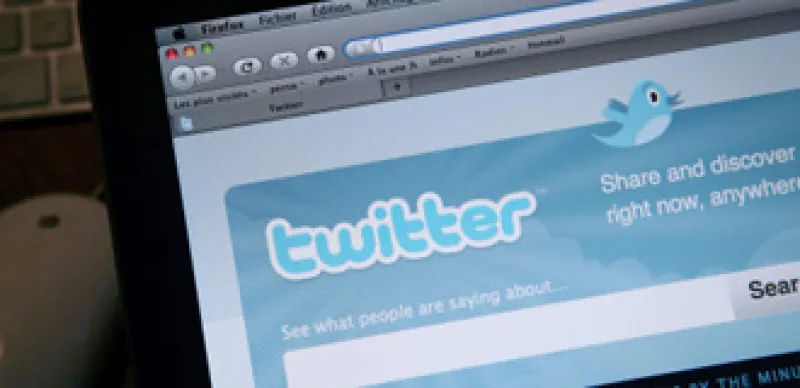
The Flight to Risk: Twitter and the Madoff Market
The fact that news of Bernie Madoff's New York magazine interview appeared when word of JP Morgan Chase’s potential investment in Twitter was particularly unsettling.
Steve Rosenbush
March 10, 2011


